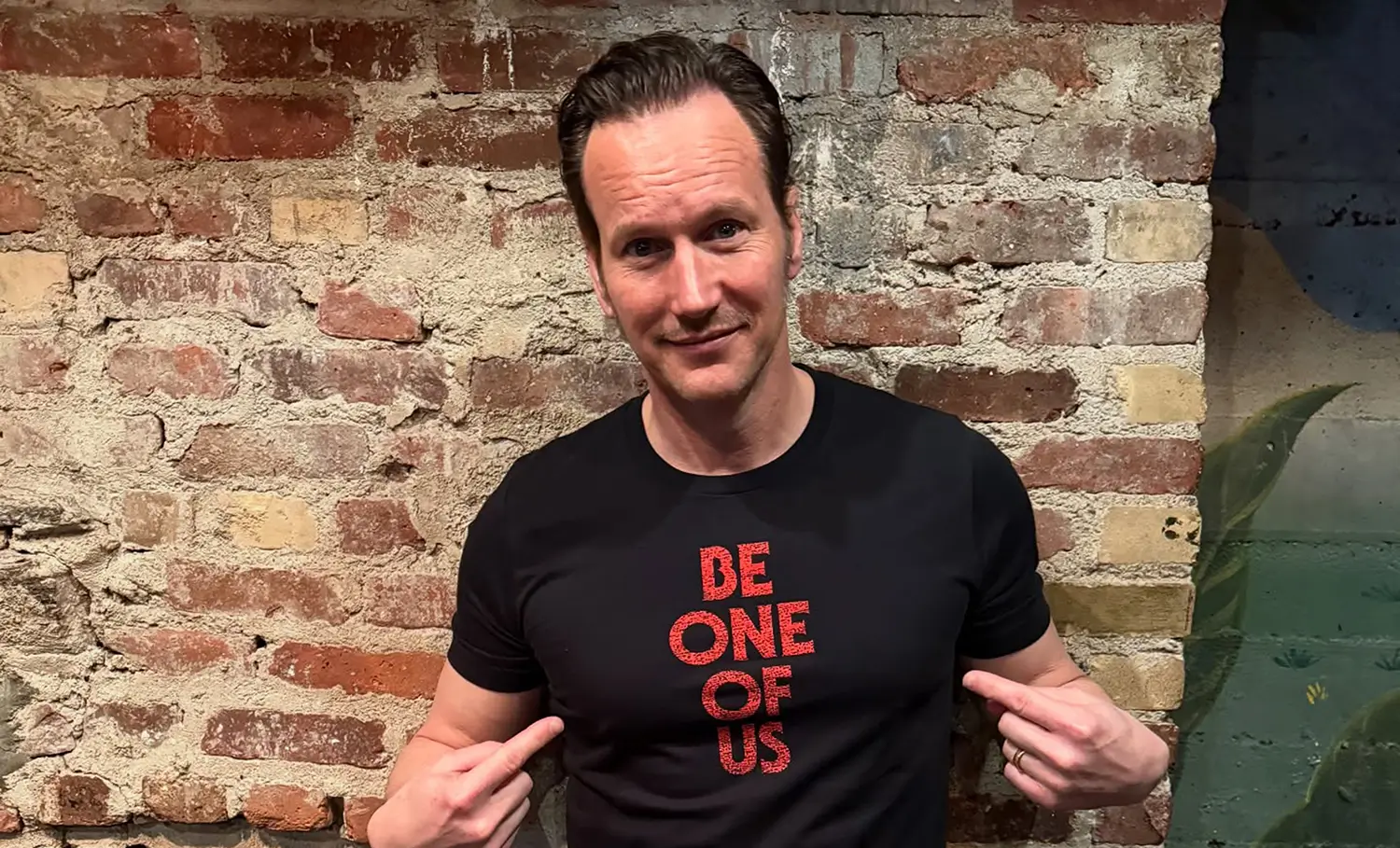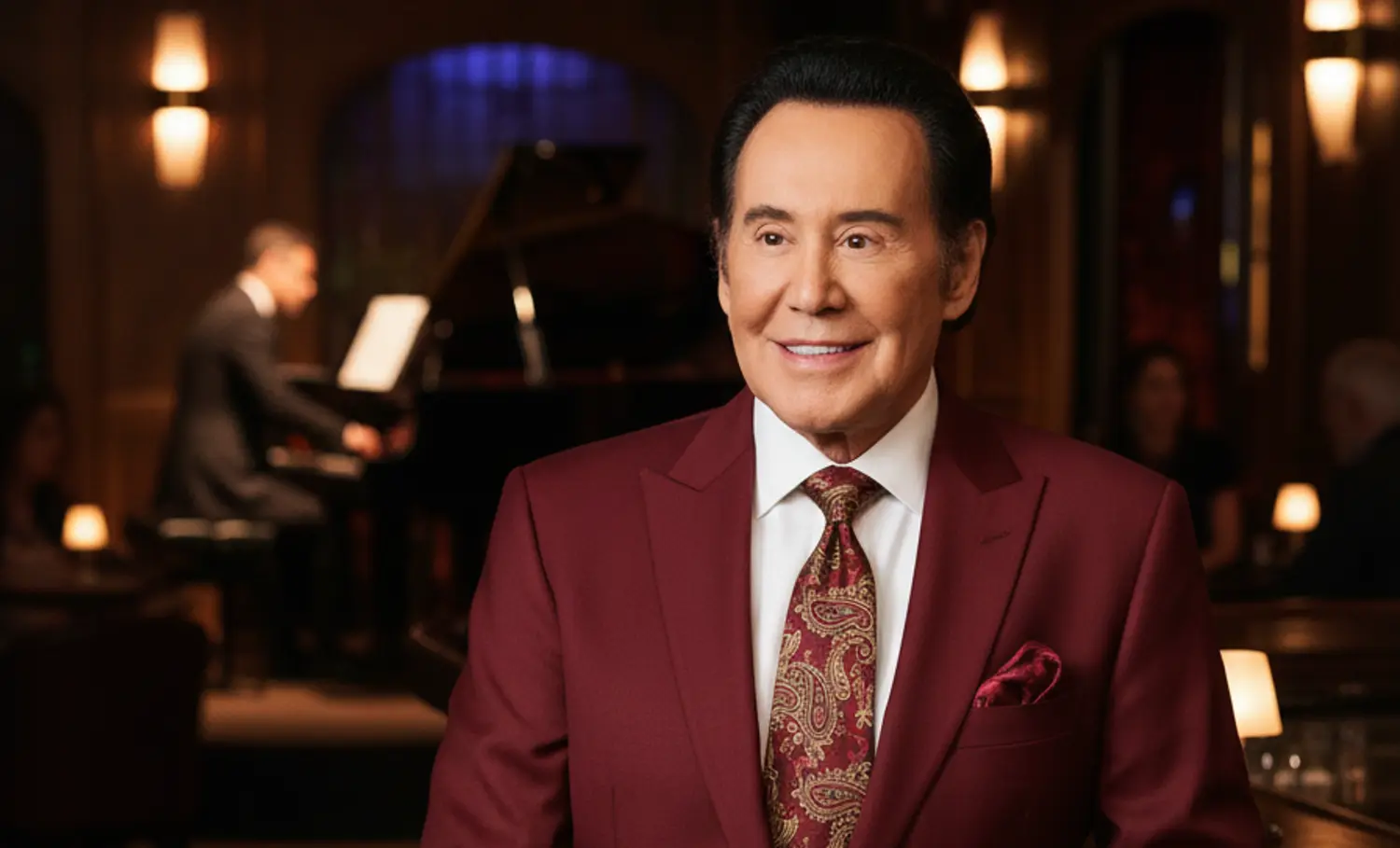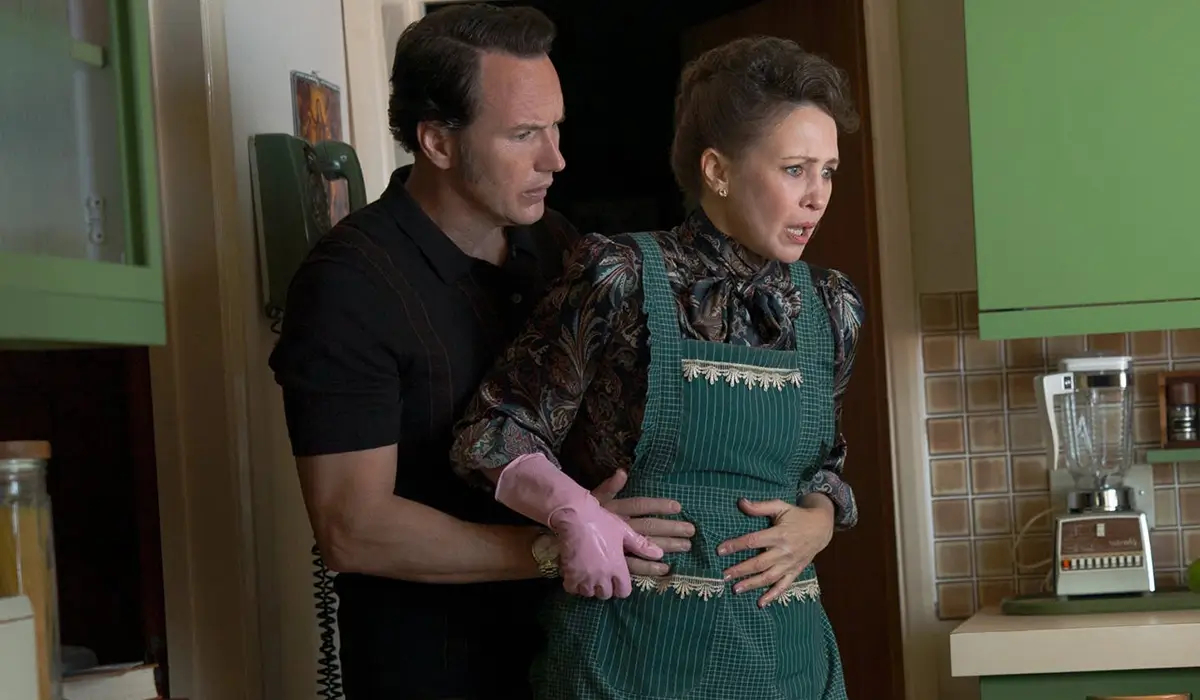Table of Contents
Jason Alexander has established himself as one of television’s most recognizable faces through his memorable portrayal of George Costanza on the iconic sitcom Seinfeld. Born Jay Scott Greenspan on September 23, 1959, in Newark, New Jersey, the 65-year-old actor has built a substantial fortune throughout his decades-long career in entertainment. According to industry reports and financial analyses, Jason Alexander’s net worth is estimated at $50 million in 2025.
Early Career and Broadway Success
Alexander’s path to wealth began long before his television breakthrough. Initially aspiring to be a magician, he discovered his true calling in theater after realizing his hands were too small for card tricks. This unexpected redirection proved to be financially beneficial, as Alexander left Boston University in his third year to pursue full-time acting in New York.
His first significant paycheck came in 1981 when he landed a role in Stephen Sondheim’s Broadway production “Merrily We Roll Along” at just 21 years old. The 1980s saw Alexander steadily building his reputation and income through various Broadway shows, including “The Rink” and “Broadway Bound.” His breakthrough moment arrived in 1989 when he won a Tony Award for Best Leading Actor in a Musical for “Jerome Robbins’ Broadway,” which significantly increased his market value and opened doors to television opportunities.
The Seinfeld Goldmine: Television Success and Earnings
The defining moment of Alexander’s financial journey came in 1989 when Seinfeld premiered on NBC. While the show would eventually become one of the most profitable sitcoms in television history, the supporting cast initially earned modest salaries. Alexander, along with co-stars Julia Louis-Dreyfus and Michael Richards, started with relatively small paychecks during the early seasons.
The financial turning point occurred in 1993 during contract renegotiations before season five. The trio successfully negotiated substantial raises, with each earning $150,000 per episode, translating to approximately $3.8 million per season. However, the most significant salary increase came during the final season negotiations in 1997.
Initially seeking $1 million per episode and backend ownership points, the supporting cast faced resistance from the network. As Alexander later explained in interviews, they were “categorically denied” profit participation in the show’s future syndication earnings. This forced them to negotiate for higher upfront salaries instead. After the network’s initial offers of $200,000 and then $400,000 per episode, the trio ultimately secured $600,000 per episode for the final season, earning each approximately $15 million for that season alone.
Over nine seasons, Alexander earned an estimated $45 million in base salary from Seinfeld before inflation adjustments. This represents the bulk of his current wealth and established him as one of television’s highest-paid supporting actors of the 1990s.
Syndication Reality: The Financial Impact of Backend Deals
While Seinfeld has generated nearly $4 billion in syndication revenue, Alexander and his fellow supporting cast members receive only modest residual payments from these deals. Unlike series creator Jerry Seinfeld and co-creator Larry David, who each earned $250 million in 1998 alone from syndication sales, the supporting cast was denied equity ownership points in the show.
Industry experts suggest that Alexander, Louis-Dreyfus, and Richards each receive hundreds of thousands of dollars annually from Seinfeld reruns, based on standard Screen Actors Guild residual rates. While these payments contribute to their ongoing income, they pale in comparison to the tens of millions earned yearly by Seinfeld and David from their ownership stakes.
The trio did manage to negotiate profit-sharing points on DVD sales in 1997, which provided some additional revenue during the peak DVD era. However, the exact earnings from these deals remain undisclosed.
Diversified Career and Continued Earnings
Alexander has wisely diversified his income streams beyond his Seinfeld success. His film career includes memorable roles in major productions like “Pretty Woman” (1990), where he played Phillip Stuckey alongside Julia Roberts and Richard Gere. Throughout his career, he has appeared in nearly 50 films, contributing to his overall wealth accumulation.
His television work extends far beyond Seinfeld, with notable appearances in shows like “The Marvelous Mrs. Maisel” (2019), “Criminal Minds,” and “The Conners.” Each of these projects adds to his annual income and helps maintain his market relevance.
Most recently, Alexander starred in the 2025 Netflix film “The Electric State,” directed by Anthony and Joe Russo, alongside Millie Bobby Brown and Chris Pratt. This high-profile project demonstrates his continued ability to secure significant roles in major productions.
Behind-the-Scenes Ventures and Additional Income
Beyond acting, Alexander has expanded his earning potential through directing and producing. He has directed episodes of various television shows, including Seinfeld itself, and made his Broadway directing debut with “The Cottage.” These behind-the-scenes roles typically command substantial fees and provide additional revenue streams.
Alexander has also secured various endorsement deals throughout his career. It is believed that he has partnership agreements with companies like Verizon for their Visible wireless service, though the specific financial terms of these deals are not publicly disclosed.
His poker playing has also contributed to his income over the years. Alexander is known as an avid poker player who has competed in televised tournaments. In 2021, he participated in a virtual National Poker Tournament hosted by the Children’s Tumor Foundation, combining his gaming skills with charitable work.
Investment Portfolio and Financial Management
Reports suggest that Alexander has been prudent with his wealth management. It is estimated that approximately $10 million of his total worth is invested in stocks and other financial instruments. This diversified approach helps protect his wealth from market volatility and generates passive income through dividends and capital appreciation.
Real estate likely represents another significant portion of his portfolio, though specific property holdings are kept private. Like many entertainers of his caliber, Alexander presumably owns multiple properties that contribute to his overall wealth.
Personal Life and Philanthropy
Alexander married Daena E. Title in 1982, and they have two children together, Gabriel and Noah. His long-standing marriage has provided personal stability that often translates to better financial decision-making and wealth preservation.

On the philanthropic front, Alexander serves as a national spokesman for the Scleroderma Foundation and has appeared in commercials for the ASPCA. He has also been a prominent supporter of the OneVoice initiative, which seeks peace between Israelis and Palestinians. While these activities don’t directly contribute to his wealth, they demonstrate his commitment to using his platform and resources for social causes.
Current Projects and Future Earnings Potential
At 65, Alexander continues to work actively in entertainment. He has several television projects in development and is writing a book, both of which could provide additional income streams. His appearance in “The Electric State” shows that he remains in demand for high-budget productions.
Industry experts suggest that Alexander’s ability to secure roles in prestigious projects like “The Marvelous Mrs. Maisel” and major Netflix films indicates his market value remains strong. His experience and recognizability make him an attractive choice for both comedic and dramatic roles.
Lessons from Alexander’s Financial Journey
Alexander’s career offers several insights into building and maintaining wealth in the entertainment industry. His early decision to leave college for a Broadway opportunity demonstrates the importance of recognizing and seizing career-defining moments, even when they involve significant risk.
The Seinfeld contract negotiations highlight both opportunities gained and missed. While Alexander earned substantial upfront payments, the lack of backend participation cost him potentially hundreds of millions in syndication revenue. This serves as a reminder of the importance of understanding long-term value in entertainment contracts.
Alexander’s approach to diversification – spanning television, film, theater, directing, and endorsements – shows the wisdom of not relying on a single income source. Even after achieving massive success with Seinfeld, he continued pursuing various projects to maintain and grow his wealth.
Comparing Alexander’s Wealth to Industry Standards
Within the context of television comedy, Alexander’s $50 million fortune places him among the wealthiest supporting actors of his generation. While this figure is substantially lower than the estimated $900 million wealth of Jerry Seinfeld, it reflects the typical earnings differential between lead actors with ownership stakes and supporting cast members.
Compared to other sitcom stars from the same era, Alexander’s wealth is competitive. His consistent work ethic and smart financial management have helped him maintain and grow his fortune long after his career-defining show ended.
Economic Impact and Cultural Legacy
Alexander’s financial success represents more than personal wealth; it reflects the broader economic impact of successful television programming. Seinfeld’s continued popularity in syndication has created ongoing revenue streams not just for its stars but for countless industry professionals involved in distribution, marketing, and related services.
His portrayal of George Costanza has become a cultural touchstone, generating merchandise, quotes, and references that continue to have commercial value decades after the show’s conclusion. This enduring popularity helps maintain Alexander’s market value and opens doors to new opportunities.
Future Financial Prospects
Looking ahead, Alexander’s financial prospects remain positive. His established reputation, ongoing work in quality productions, and smart investment strategies position him well for continued wealth growth. The entertainment industry’s shift toward streaming platforms has created new opportunities for experienced actors, and Alexander’s willingness to adapt to these changes bodes well for his future earnings.
It is believed that his involvement in high-profile Netflix productions could lead to additional streaming platform opportunities, which often come with substantial compensation packages. His experience and proven track record make him an attractive choice for content creators seeking established talent.
Conclusion
Jason Alexander’s journey from aspiring magician to television icon with a $50 million fortune demonstrates the potential rewards of talent, persistence, and smart career management. While the missed opportunity for Seinfeld backend participation represents a significant “what if” scenario, his substantial earnings from the show provided the foundation for a diverse and successful career.
His continued activity in entertainment, combined with prudent financial management and diversified investments, suggests that Alexander’s wealth will likely continue growing in the coming years. For aspiring entertainers, his career offers valuable lessons about seizing opportunities, diversifying income streams, and building lasting value in the entertainment industry.
At 65, Alexander remains an active and respected figure in entertainment, with his financial success serving as testament to decades of professional achievement and smart business decisions. His story illustrates that while massive syndication windfalls may create entertainment industry legends, consistent work, talent, and financial wisdom can build substantial and lasting wealth in their own right.
Source: jalexander1959 / Instagram









